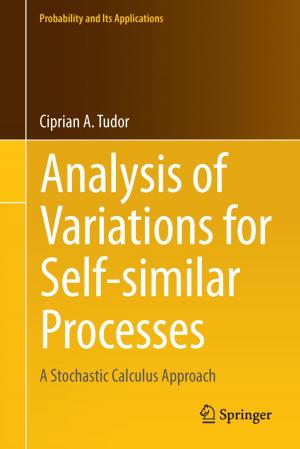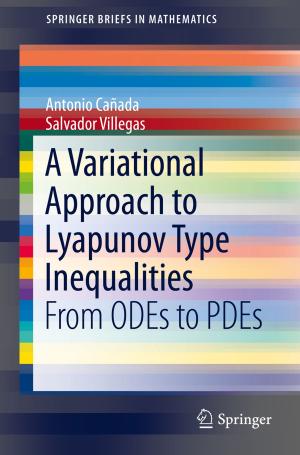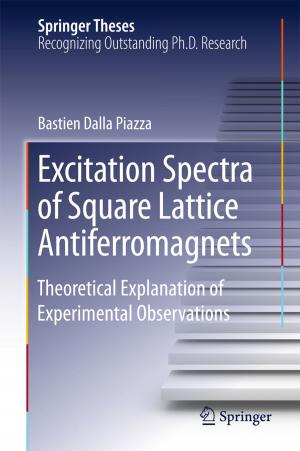A Starter on Support-Bargaining and Money-Bargaining in Twenty-Eight Digestible Bites
Nonfiction, Health & Well Being, Psychology, Applied Psychology, Business & Finance, Economics, Theory of Economics| Author: | Patrick Spread | ISBN: | 9783030052317 |
| Publisher: | Springer International Publishing | Publication: | December 29, 2018 |
| Imprint: | Palgrave Pivot | Language: | English |
| Author: | Patrick Spread |
| ISBN: | 9783030052317 |
| Publisher: | Springer International Publishing |
| Publication: | December 29, 2018 |
| Imprint: | Palgrave Pivot |
| Language: | English |
This book provides an introduction to the theory of support-bargaining and money-bargaining. Support-bargaining arises from the propensity of all individuals to seek the support of those around them and is the underlying mechanism of democratic societies. It is also the underlying mechanism of theory formation. Intellectual support-bargaining is the process by which support is assembled for ideas and theories.
Mainstream economic theory, or ‘neoclassical theory’, can be seen as formulated to advance individual interest. It is mainstream because it has assembled sufficient support to give it ascendancy in academia. It reconciles private and public interest in a mathematical account of resource allocation. Money-bargaining, in contrast, explains the process of economic exchange. Transactions are based on information, so that the character of information itself influences the conduct of exchange.
This volume provides a radically new explanation of the functioning of human societies that will be recognised as entirely consistent with common observation and experience.
This book provides an introduction to the theory of support-bargaining and money-bargaining. Support-bargaining arises from the propensity of all individuals to seek the support of those around them and is the underlying mechanism of democratic societies. It is also the underlying mechanism of theory formation. Intellectual support-bargaining is the process by which support is assembled for ideas and theories.
Mainstream economic theory, or ‘neoclassical theory’, can be seen as formulated to advance individual interest. It is mainstream because it has assembled sufficient support to give it ascendancy in academia. It reconciles private and public interest in a mathematical account of resource allocation. Money-bargaining, in contrast, explains the process of economic exchange. Transactions are based on information, so that the character of information itself influences the conduct of exchange.
This volume provides a radically new explanation of the functioning of human societies that will be recognised as entirely consistent with common observation and experience.















